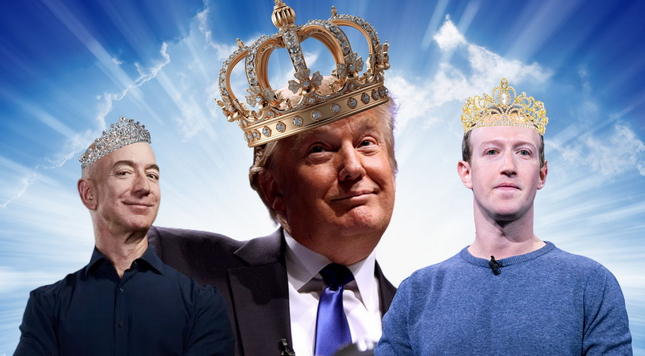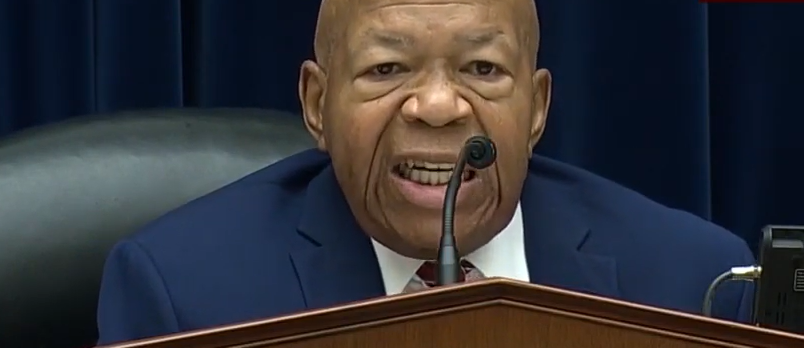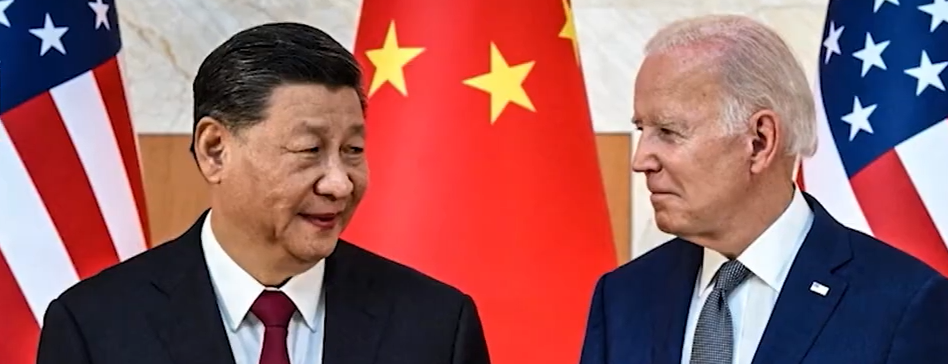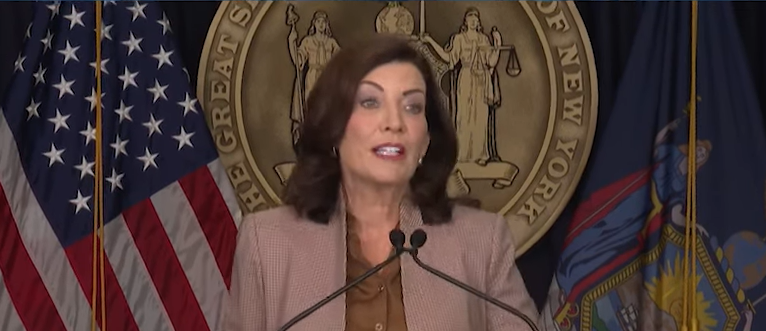Max Baucus and Orrin Hatch. Can’t allow senators witness protection program if you want meaningful debate
[Commentary: National]
As Congress moves forward on budget negotiations, the word out of Washington is to expect nothing major: no grand bargain, just more stopgap, short-term fixes.
Yet there’s one ray of hope. The House and Senate chairs of the tax-writing committees, one a Republican, the other a Democrat, are preparing a comprehensive tax reform plan. They see the budget negotiations as their opportunity to enact much-needed changes to our bloated, off-kilter tax laws.
The last time lawmakers managed to find a way to simplify and reshape the tax code was almost three decades ago, in 1986, when Ronald Reagan was still president. Since then there have been over 15,000 adjustments and amendments, leaving a mess that just about everyone agrees must be cleaned up. Odds are against Congress managing the task, but its handling of the debate on tax reform tells us a lot about how members approach difficult issues.
That’s because this latest effort to rewrite the tax code is saddled by a deep-seated problem that spans both parties and all ideologies: political timidity. Tax avoidance is a highly sophisticated and lucrative business in this country, and politicians address it at their peril.
This became clear during the summer, when the senators leading the tax-reform charge on their side of Capitol Hill, Democrat Max Baucus of Montana and Republican Orrin Hatch of Utah, laid out their initiative. They wanted senators to take a “blank slate” approach to the issue: no current deduction, exemption or credit would continue unless a strong case could be made for it. Then they invited their colleagues to identify what they’d keep and what they’d reject.
That was a fine start, until Baucus and Hatch took an extraordinary step. They guaranteed senators 50 years of anonymity for their suggestions, thus allowing each senator to continue attacking the tax code mess without taking any specific public positions on how to improve it.
In other words, here’s a public issue of enormous consequence, affecting every taxpayer in the land, and they were afraid to talk about it meaningfully in public. Sure, you hear plenty from politicians about tax reform, but it’s all generalities. They talk about a simpler code or a fairer code or a flatter code, but in truth, almost every member of Congress talks in gross generalities about the monstrosity that is the tax code and comes out fervently for reform, without actually taking a stand on the tough issues.
Tax reform is meaningless without specifics.
Continuing to exclude employer contributions for health care, for instance, will cost taxpayers some $760 billion over the next five years, according to Congress’s Joint Committee on Taxation — but getting rid of it will surely anger employers and employees. We could recoup $379 billion over the next five years by cutting the mortgage interest deduction, but how many homeowners do you know who would go along with the idea?
The political power of the interests that benefit from reduced tax rates on dividends and long-term capital gains, which will cost the Treasury $616 billion between now and 2017, is immense. So, in its own way, is that of supporters of the deduction for charitable contributions: $239 billion.
In all, tax breaks cost the Treasury some $1.1 trillion a year — which puts them well ahead of most other forms of federal spending.
Yet each has its own constituency — often a vocal, well-funded, well-organized one. Politicians who call for “tax reform” without going into specifics butter their bread on both sides — they ride the public outcry against the tax code in general, while avoiding the outcry from people hurt by the changes that tax reform would inevitably bring. After all, a “loophole” to one group is usually a “lifeline” to another. So nothing happens.
Everyone knows that tax reform will involve limiting tax breaks. It should be possible to avoid the political difficulties by capping the total without eliminating specific breaks. But even this will require political backbone.
Until Congress shows us that its members possess the courage to detail publicly what’s needed, talk of tax reform will be just that: talk.
Lee Hamilton is Director of the Center on Congress at Indiana University. He was a member of the U.S. House of Representatives for 34 years.







